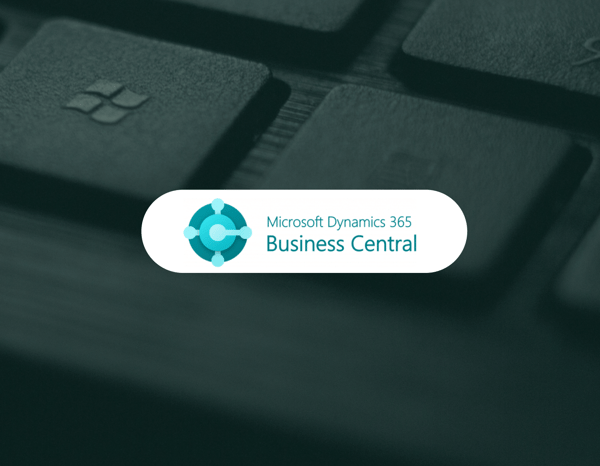

Cost savings, automated processes, and time for value-creating activities. Sounds timely and pretty great for you and your company’s finances, right? Today, we’re going to talk about indirect procurement and how, with Rillion’s help, you can achieve all the benefits listed above. It’s not so much about flipping coins as it is about stopping the waste.
Optimize your accounts payable process with smart management of indirect procurement
Indirect procurement constitutes a significant portion of many companies’ expenses. Despite their importance, these purchases are often managed without clear processes or oversight, leading to unnecessary costs, wasted time, and cumbersome processes. We find that disappointing!
Addressing this can not only reduce your overhead costs but also increase your productivity and competitiveness. With proper procurement processes in place, it becomes easier to reduce the number of suppliers and identify which suppliers you actually want to work with. And most importantly; you’ll likely get rid of a lot of headaches!
Procurement categories: direct vs indirect procurement
What is indirect procurement?
Indirect procurement includes everything that isn’t direct purchases for production or sales, such as services, IT costs, maintenance, and marketing-related purchases. In simple terms:
Direct Procurement:
- Purchases for the production process
- Inventory management
Generally, a well-developed procurement process with clear responsibilities.
Indirect Procurement:
- Non-stocked goods
- Facility costs • Services
- Marketing-related purchases
- Maintenance
- IT-related costs
Often without clear processes and responsibility distribution.
Benefits of streamlined management of indirect procurement:
- Full traceability and predictability throughout the process:
By implementing clear processes for the management of indirect procurement, you gain full traceability. This makes planning easier and gives you the opportunity to efficiently implement and follow a procurement policy. - Optimized budgeting process:
With control over the procurement process, you can better predict and control costs, facilitating a more precise and efficient budgeting process. - Improved contract terms and discounts:
A proper process for indirect procurement gives you a better negotiating position, which enables you to improve agreed prices and fully utilize discounts. - Automation and efficiency:
By automating the management of indirect procurement, you can reduce manual work through automatic matching against orders. This frees up resources that can be allocated to other value-creating activities, making things much more enjoyable for everyone involved.
Conclusion: There are only gains to be made
Efficient management of indirect procurement doesn’t just mean direct cost savings; it’s a strategic advantage that can lead to significant improvements in your financial health. By implementing structured processes and leveraging Rillion’s solutions, companies can ensure they are utilizing their resources in the best possible way, leading to increased efficiency, productivity, and competitiveness. We’re guessing you, like us, are not big fans of unclear processes or lack of transparency, because who really is!
Not having processes or tools for indirect procurement results in many a small stream… So let us help you make the work easier, more enjoyable, and more economical. Book a personalized demo today.

